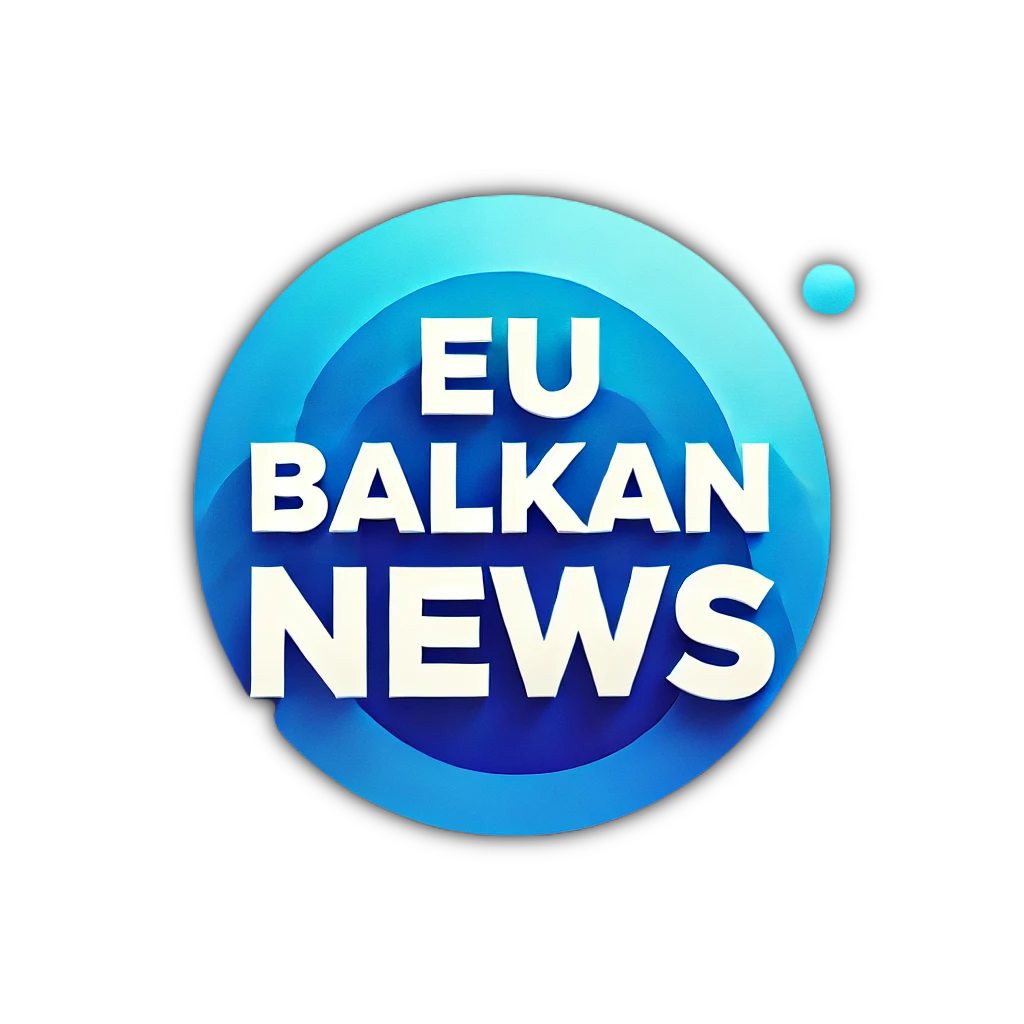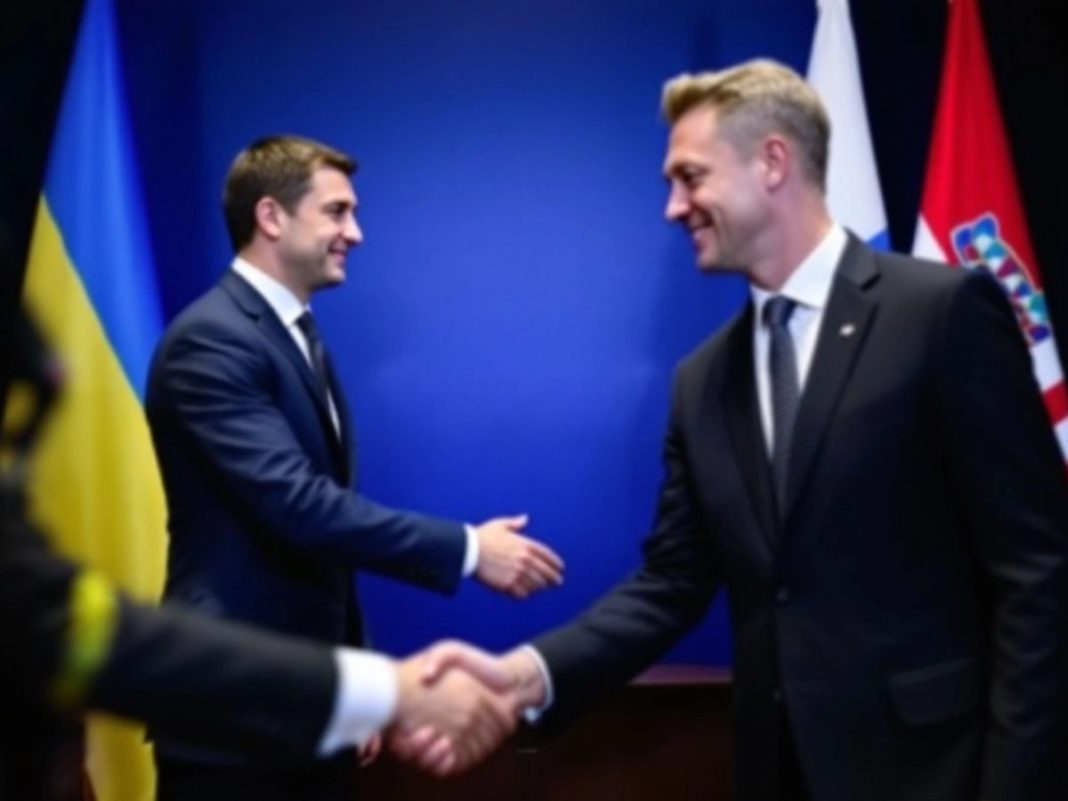Ukrainian President Volodymyr Zelenskyy made a significant visit to Croatia to participate in the Ukraine-Southeast Europe summit held in Dubrovnik. During this summit, Zelenskyy and Croatian Prime Minister Andrej Plenković signed a bilateral defense cooperation agreement aimed at strengthening ties and support for Ukraine amidst ongoing conflict with Russia.
Key Takeaways
- Zelenskyy’s visit marks a pivotal moment in Ukraine-Croatia relations.
- A bilateral defense cooperation agreement was signed, enhancing military and humanitarian support.
- The summit gathered leaders from Southeast Europe to express solidarity with Ukraine.
- Croatian President Zoran Milanović’s absence highlighted political tensions regarding military support for Ukraine.
Summit Overview
The Ukraine-Southeast Europe summit, co-organized by Zelenskyy and Plenković, aimed to rally political support for Ukraine and secure military aid. High-ranking officials from several Balkan countries attended, including presidents and prime ministers from Slovenia, Montenegro, and Albania. The summit underscored the region’s commitment to Ukraine’s sovereignty and territorial integrity.
Defense Cooperation Agreement
The newly signed agreement between Ukraine and Croatia is the 27th of its kind since a joint G7 declaration during the NATO summit in Vilnius in July 2023. Key components of the agreement include:
- Cooperation in Defense Industries: Enhancing collaboration between the two nations’ defense sectors.
- Humanitarian Assistance: Croatian support in demining efforts and care for veterans.
- Condemnation of Russian Aggression: A strong statement against Russia’s actions in Ukraine, described as "unprovoked, unjustified, and illegal."
Since the onset of the full-scale invasion, Croatia has provided approximately 300 million euros in assistance to Ukraine, including 11 defense packages.
Political Tensions in Croatia
The summit took place against a backdrop of political discord in Croatia. President Milanović has been vocal against sending Croatian military personnel to NATO missions supporting Ukraine, arguing that Croatia should not become embroiled in the conflict. His stance has led to significant disagreements with Prime Minister Plenković, who advocates for Croatia’s involvement in NATO’s support efforts.
Milanović’s absence from the summit was notable, as he was not invited, reflecting ongoing tensions regarding foreign policy and military support for Ukraine. Critics of Milanović have accused him of undermining Croatia’s national interests and NATO commitments.
Regional Support for Ukraine
The summit concluded with a joint declaration reaffirming the commitment of Southeast European nations to support Ukraine. Key points included:
- Condemnation of Russian Aggression: A unified stance against Russia’s military actions.
- Support for Ukraine’s Territorial Integrity: Emphasizing the importance of Ukraine’s sovereignty.
- Commitment to Peace Initiatives: Discussions on implementing Zelenskyy’s peace plan and prosecuting war crimes.
- Energy Security and Reconstruction: Support for Ukraine’s recovery post-conflict.
The summit not only highlighted the solidarity of Southeast European nations with Ukraine but also showcased Croatia’s role as a key player in regional security and defense cooperation. As the conflict continues, the commitment to support Ukraine remains a priority for these nations, reflecting a shared understanding of the geopolitical challenges in the region.
Sources
- HRT: Deputy PM Božinović accuses President Milanović of working against Croatia’s interests, HRT.
- Ukraine, Croatia sign bilateral agreement, vow to bolster defense cooperation, The Kyiv Independent.
- HRT: Croatia to host the "Ukraine – Southeast Europe" summit in Dubrovnik on Wednesday, HRT.
- HRT: President staunchly against Croatian support for NATO mission to Ukraine, HRT.
- Balkan Leaders to Voice Support for Embattled Ukraine at Croatia Summit | Balkan Insight, Balkan Insight.

